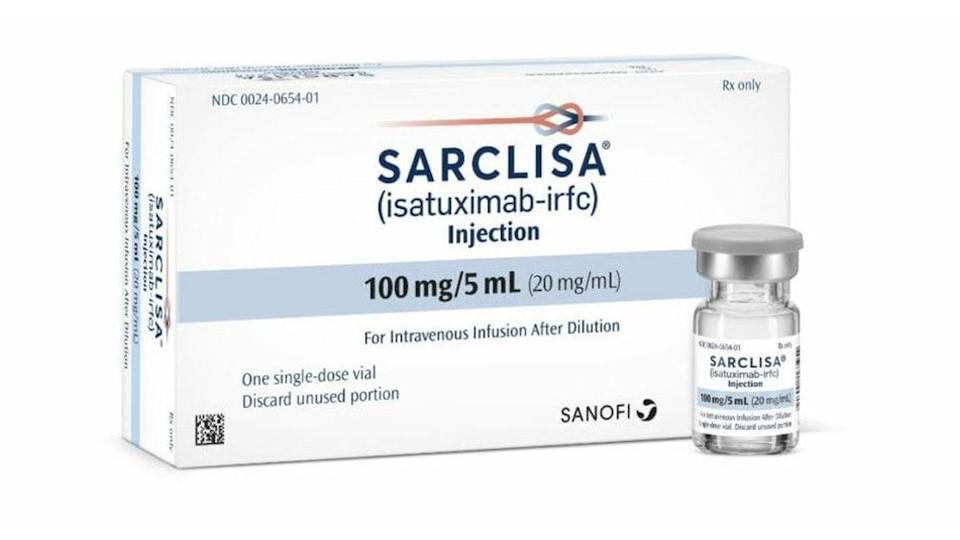Sanofi: NICE would reject Sarclisa even if it cost nothing

Sanofi has hit back on a decision by NICE not to recommend NHS use of Sarclisa as part of a regimen for relapsed and refractory multiple myeloma (RRMM), claiming the agency would not consider the drug cost-effective “even if [it] had been offered at zero price.”
The health technology assessment (HTA) body published final draft guidance today that found that Sarclisa plus Bristol-Myers Squibb/Celgene’s Imnovid (pomalidomide) and dexamethasone was not cost-effective for treating RRMM in adults who have had lenalidomide and a proteasome inhibitor, and whose disease has progressed on their last treatment.
Sanofi said it would appeal the decision, which immediately creates a disparity in access to the Isa-Pd regimen, as it will continue to be available in Scotland and Northern Ireland. According to the company, NICE “lacks a suitable pricing and reimbursement framework that is appropriate for assessing combination therapies.”
Sarclisa has been available for this indication under the Cancer Drugs Fund (CDF) for patients who have had at least three prior lines of treatment since 2020 and, according to Sanofi, has become the standard of care for eligible patients in England and Wales, with more than 1,700 people treated with the drug in England alone since then.
Under the CDF, funding can be provided for drugs temporarily while further evidence of their efficacy and cost-effectiveness is sought. Isa-Pd will continue to be funded by the CDF while the appraisal process, including any appeals, is ongoing.
Shelagh McKinlay, director of research and advocacy at patient organisation Myeloma UK, said the decision is “a huge blow” to patients, many of whom will feel “like the rug has been pulled from under their feet.”
She also suggested that the decision sets a precedent that could affect patients with multiple myeloma, as well as other conditions.
“We simply should not be here; where a vital and effective treatment option, which has been a standard of care for years, cannot be approved,” continued McKinlay.
“Myeloma UK has been involved in every committee meeting about Isa-Pd and we believe this decision is disappointing. We will be submitting an appeal, and we won’t rest until Isa-Pd is available to everyone who needs it, no matter where they live.”
Multiple myeloma is a progressive, incurable cancer of the blood plasma cells and affects around 24,000 individuals in the UK at any one time, with around 5,900 new cases every year.
Sarclisa was approved for this indication based on the ICARIA-MM study, which found that Isa-Pd nearly doubled progression-free survival compared to Pd alone from 6.5 months to 12.4 months. In its guidance (PDF), NICE said the evidence for the PFS benefit is uncertain and cost-effectiveness estimates "are considerably higher than what NICE considers an acceptable use of NHS resources."
“In our view, cancer patients in the UK are being let down by the current reimbursement system, which fails to recognise the benefits and full value of combination therapies for patients, carers, and families affected,” said Anju Bhalla, head of oncology and haematology at Sanofi in the UK.
“In such a rapidly evolving and complex treatment landscape, we are open to working with NICE, as we believe it is time for urgent change,” she added.













